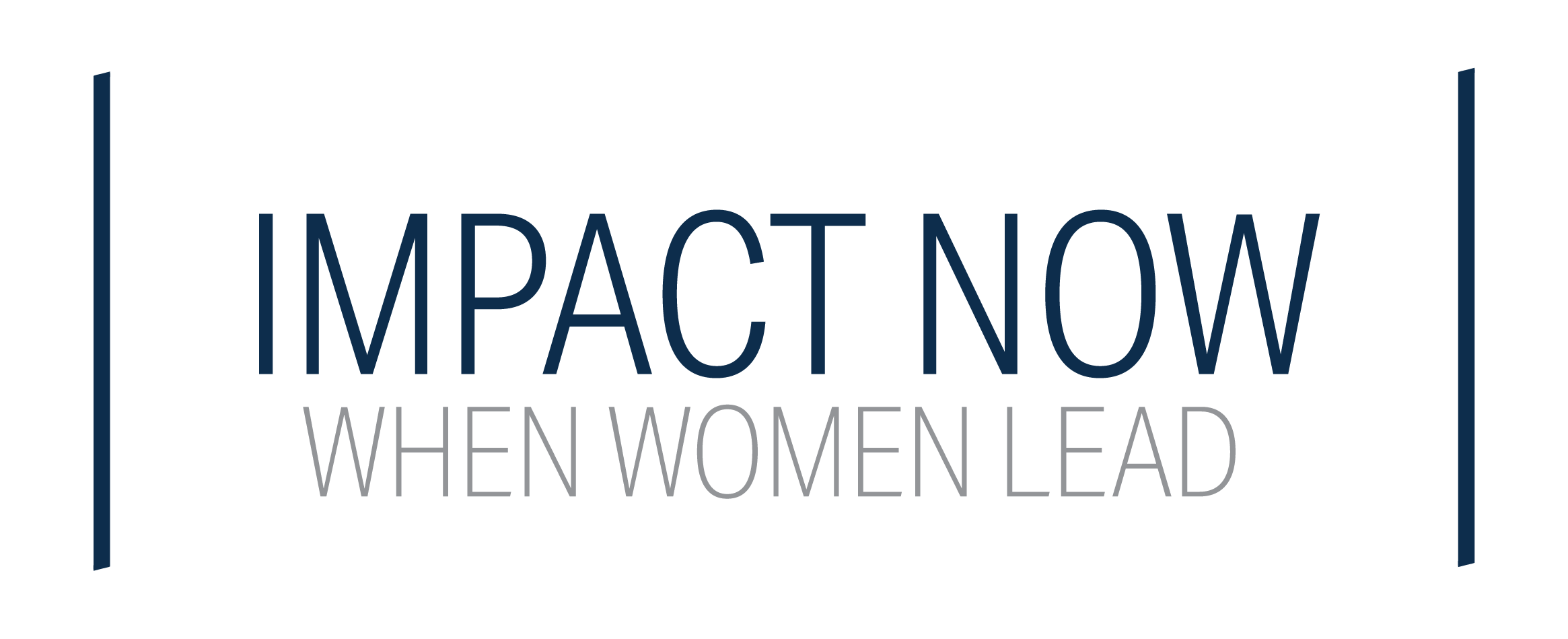This week I’ve been taking care of my two young grandchildren while their parents are away for four days. Thankfully, one of my daughters was with me to share responsibility. (There is a reason we have children when we are in our 20s and 30s!)
Yesterday morning, while navigating the start-of-day routines, I was reminded that we are all more than one person with one set of responsibilities. Each of us has multiple roles: parent, daughter or son, sibling, volunteer, caregiver, friend.
Then there is the work beyond those roles, the work for which we are paid. That carries multiple responsibilities, as well.
My heart turned to women, especially those we serve at Impact Now—women with many roles. These women are leaders in their organizations, communities, and churches. They are leaders in their nuclear and extended families. They are caregivers of young and old. They are spouses and partners, daughters and aunts, grandchildren and grandmothers. They are disaster care volunteers, as two of our clients in Malawi have been, helping survivors of Cyclone Freddy.
And who often gets left behind in that list? These women. Yet, none of us can take care of others well if we aren’t taking care of ourselves.
I have learned this the hard way. Over the years it has taken several small crises (with a lower case c) to remind me of this. So, here are a few pieces of hard-won wisdom that may help you or someone you know:
- Acknowledge that you are a whole human being of body, mind, and spirit. Each aspect of your life is important.
- Take or make time to attend to yourself as that whole human being. Yes, eat healthy and get exercise. Step away from the work and take a 10-minute walk. Give your mind time to clear and rest. Turn off the radio. Turn off the social media and the notifications, even for just three hours each day. Give your soul and spirit daily time to renew through prayer, medication, or quiet.
- Ask for help. There’s nothing wrong in admitting you can’t do it all. Ask a friend to sit with the kids for 30 minutes. Ask a coworker to proofread that report you’ve been struggling to write.
- Set boundaries around time and expectations. The only person who will set them is you. “Lack of boundaries invites lack of respect,” and “No is a complete sentence.”
- Get a therapist, spiritual director, and/or coach. Each of these professionals, of course, has different skills for different purposes. Each one knows how to hold you in unconditional positive regard and create necessary safe, confidential space.
As far as coaching goes, you can make that available for women who lead in small for-impact organizations. And coaching makes an impact. One client noted,
“Coaching helped me to gain confidence in what I do and to strive for professionalism while focusing on what is important.”

